Uncategorized
-
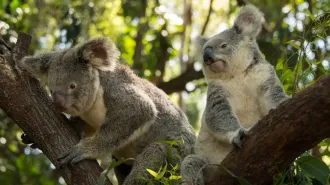 Life
LifeKoalas aren’t primates, but they move like monkeys in trees
With double thumbs and a monkey-sized body, an iconic marsupial climbs like a primate.
By Susan Milius -
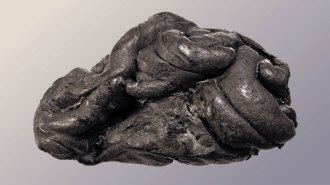 Archaeology
ArchaeologyDNA from 5,700-year-old ‘gum’ shows what one ancient woman may have looked like
From chewed birch pitch, scientists recovered DNA from an ancient woman and her mouth microbes and hazelnut and duck DNA from a meal she’d consumed.
By Sofie Bates -
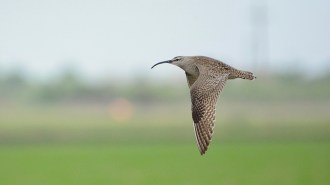 Earth
EarthClimate change may be why birds are migrating earlier across the United States
Birds are migrating earlier in recent decades in the United States, which could disrupt feeding or nesting cycles.
By Sofie Bates -
 Neuroscience
NeuroscienceMice watching film noir show the surprising complexity of vision cells
Only about 10 percent of mice’s vision cells behaved as researchers expected they would, a study finds.
-
 Science & Society
Science & SocietyTop 10 stories of 2019: A black hole picture, measles outbreaks, climate protests and more
Science News' top stories for 2019 include the first picture of a black hole, a quantum computing milestone and CRISPR's first U.S. clinical trials.
-
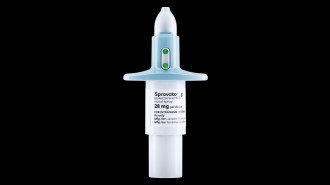 Health & Medicine
Health & MedicineIn 2019, a ketamine-based antidepressant raised hopes and concerns
Ketamine and related molecules might ease severe depression, but the drugs come with baggage.
-
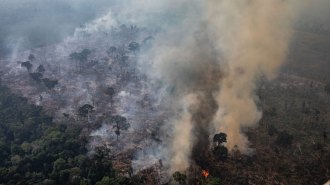 Animals
AnimalsA year of big numbers startled the world into talking about nature
One million species are at risk. Three billion birds have been lost. Plus surges in Amazon burning.
By Susan Milius -
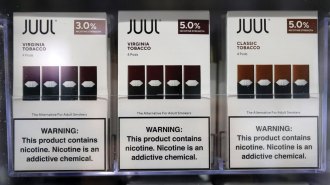 Health & Medicine
Health & MedicineVaping’s dangers loom large amid more than 50 U.S. deaths this year
Lung injuries and deaths linked to vaping in 2019 are a sobering indication of the dangers of e-cigarettes as teen use continues to rise.
-
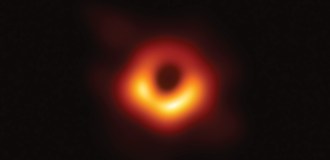 Space
Space2019 brought us the first image of a black hole. A movie may be next
The Event Horizon Telescope team is gearing up for more black hole discoveries.
-
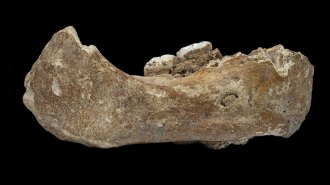 Humans
HumansMysterious Denisovans emerged from the shadows in 2019
Denisovan fossil and DNA finds this year highlighted the enigmatic hominid’s complexity and our own hybrid roots.
By Bruce Bower -
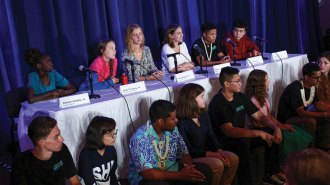 Climate
ClimateRecord-breaking heat amplified waves of student climate protests in 2019
While the world experienced record-breaking heat, Greta Thunberg and other activists pushed decision makers to take climate change seriously.
-
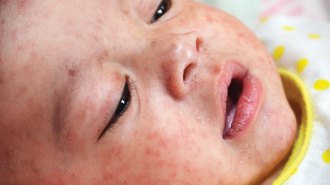 Health & Medicine
Health & MedicineMeasles got a foothold in the United States this year and almost didn’t let go
Areas of low vaccination are blamed for the United States' largest number of measles cases in more than 25 years.